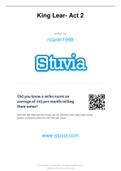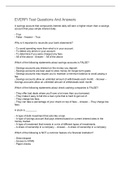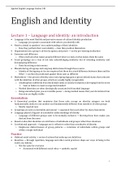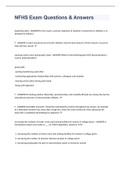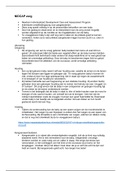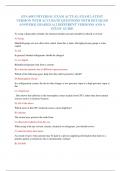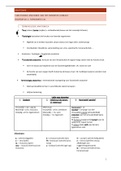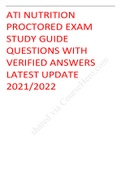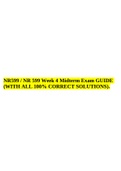Samenvatting
King Lear act 2 summary & quotes
- Vak
- Instelling
- Boek
These notes include quotes, context and analysis of all scenes in act 2 of King Lear. notes come from a variety of sources and got me an A in A-Level English literature!
[Meer zien]
